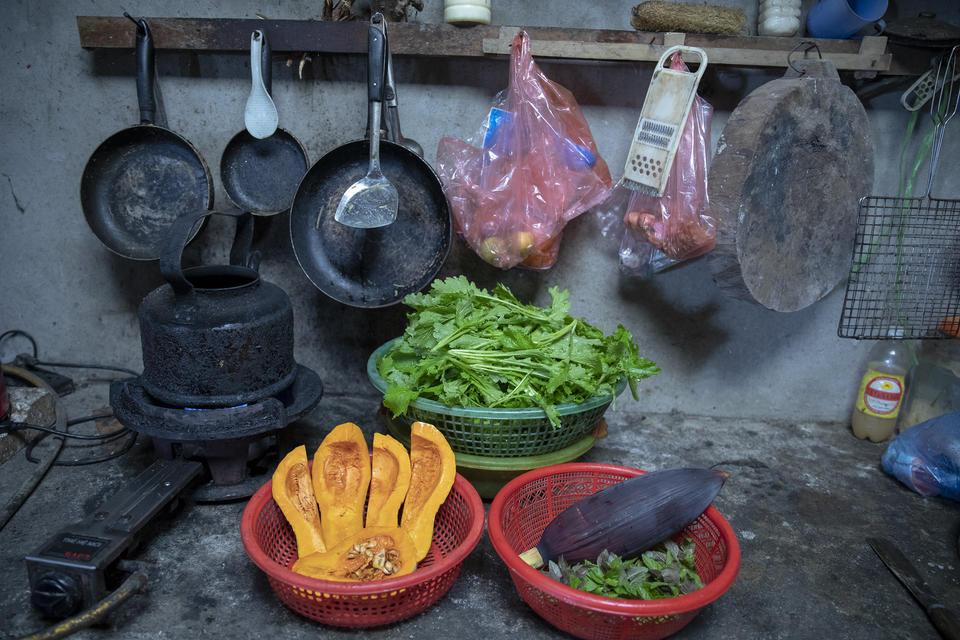Press and News Sowing Diversity, Harvesting Security: Alliance scientists participate in the UN Biodiversity Conference (COP15)
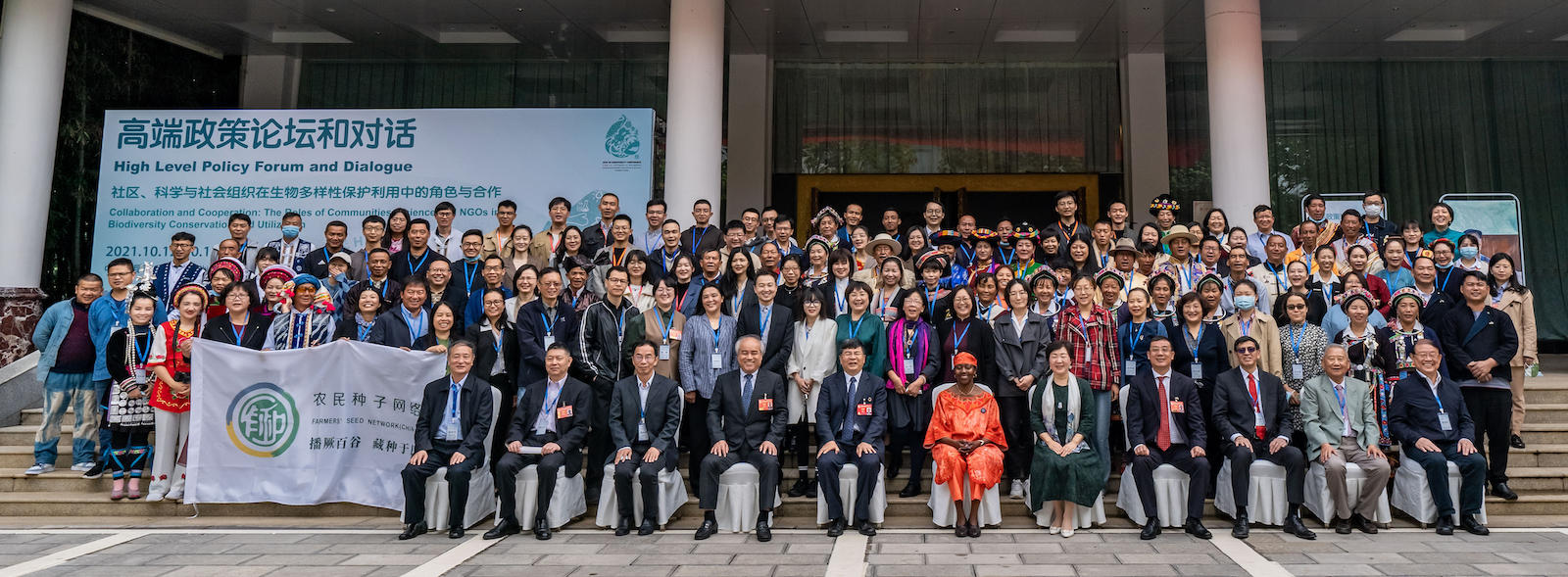
Last week, policymakers gathered at the UN Convention on Biological Diversity (CBD) COP15 in Kunming, China. The Alliance of Bioversity International and CIAT joined the high-level conference as co-organizer for the side event: “High-Level Policy Forum and Dialogue - Collaboration and Cooperation: The Roles of Communities, Science and NGOs in Biodiversity Conservation and Utilization”(on October 12-13), along with the UN Environment Program-International Ecosystem Management Partnership (UNEP-IEMP).
More than 150 participants from worldwide research and policy organizations, governments and communities joined this forum physically and online. Major international participants were from Alliance of Bioversity International and CIAT, UNEP-IEMP, with NGO researchers from Peru, Japan, Nepal, Kenya, Zimbabwe, Holland and Malaysia. The main domestic participants included farmers and communities, representatives from social organizations, scientists from the Chinese Academy of Sciences, Chinese Academy of Agricultural Sciences, Yunnan Agricultural University, and other research organizations, as well as representatives from the Ministry of Ecology and Environment, Ministry of Agriculture and Rural Affairs, and government departments from Yunnan Province.
During the opening ceremony, Dr. Zhang Linxiu, director of UNEP-IEMP, Elizabeth Maruma Mrema, Executive Secretary, Secretariat of CBD, Liu,Ning Deputy Executive Director of the Office of Executive Commission of COP15, Juan Lucas Restrepo, Director General, The Alliance of Bioversity International and CIAT, Kerstin Stbbendahl, Head of the Ecosystem Integration Branch, UNEP, and Dr. Luo Yanjie, Director of International Cooperation Department of Yunnan Academy of Agricultural Sciences delivered the welcome remarks.
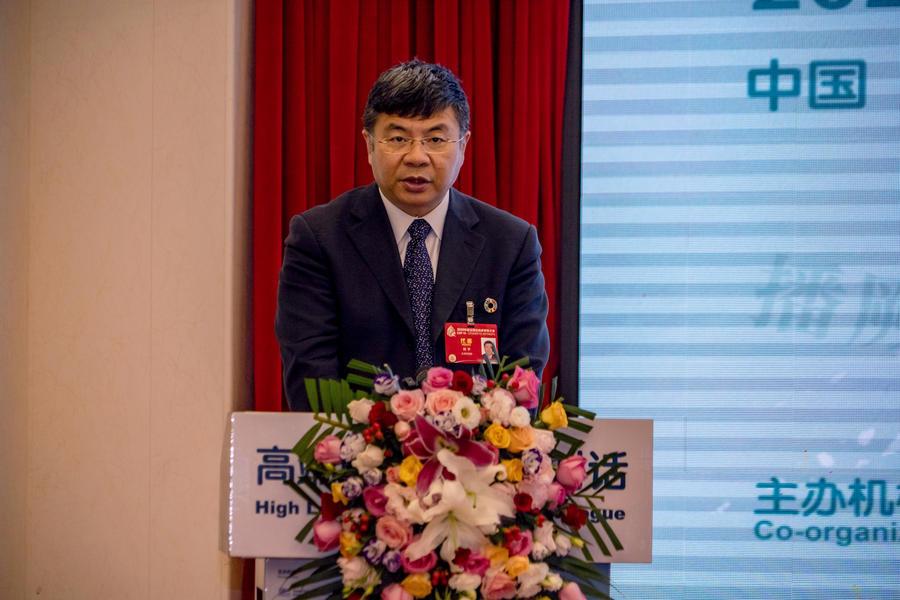
Liu Ning, Deputy Executive Director of the Office of Executive Commission of COP15
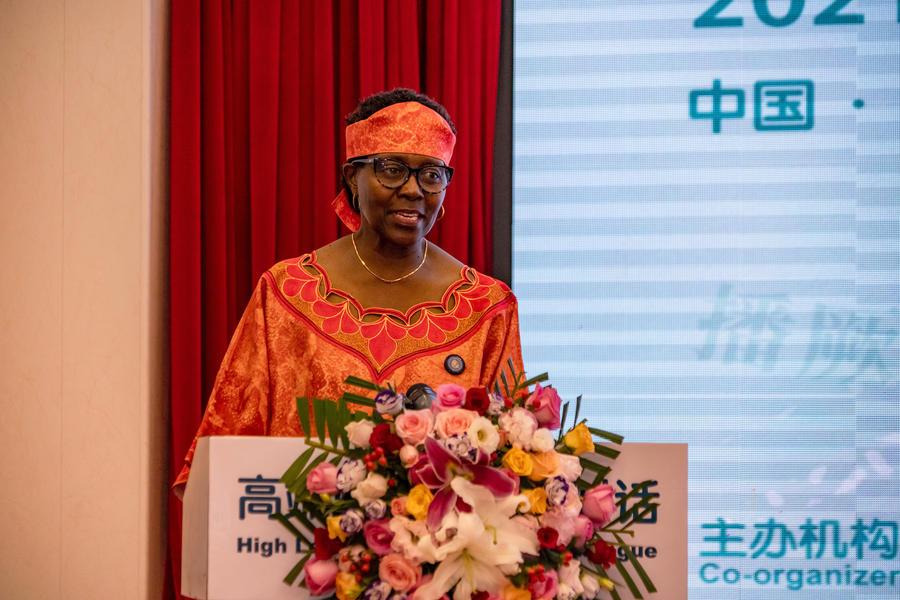
Elizabeth Maruma Mrema, Executive Secretary, Secretariat of CBD
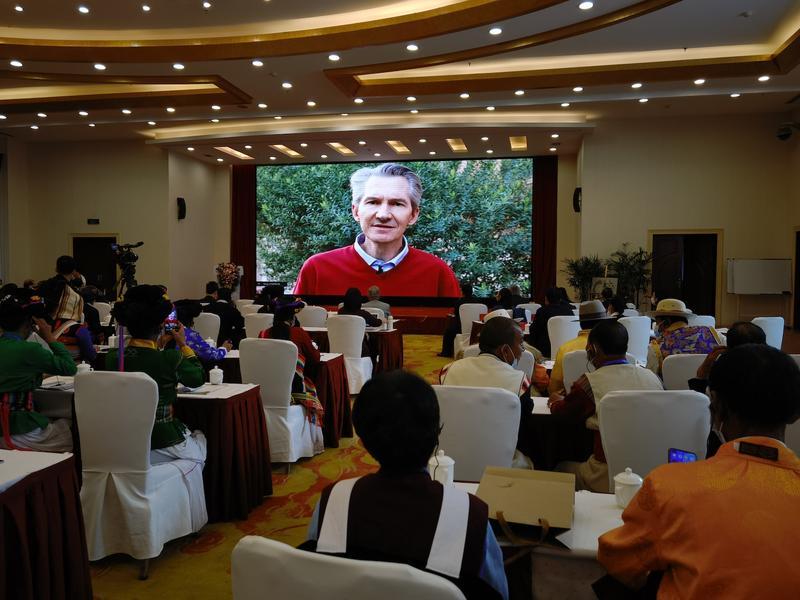
Juan Lucas Restrepo, Director General, The Alliance of Bioversity International and CIAT
Left to right: Liu Ning, Deputy Executive Director of the Office of Executive Commission of COP15; Elizabeth Maruma Mrema, Executive Secretary, Secretariat of CBD; Juan Lucas Restrepo, Director General, The Alliance of Bioversity International and CIAT
The two-day event with the theme of "Sowing Diversity, Harvesting Security” gathered different stakeholders to share policy discussion results, demonstrate policy piloting cases and experiences in China and beyond, and contribute to the COP 15, especially to the Post-2020 Global Biodiversity Framework. Participants exchanged the latest progresses, identified gaps and future directions on the four themes of: policy, experience sharing, community-based biodiversity and traditional knowledge and benefit-sharing of biodiversity conservation and utilization. Three Alliance scientists, Carlo Fadda, Zhang Zongwen and Ronnie Vernooy, presented on Sustainable Production Systems and Nature-positive Solutions, Conservation and Sustainable Use of Underutilized Crops in China, and Policies and Mechanisms to Support Community Seed Banks.
The high-level policy forum and dialogue showed that establishing collaborative innovations between communities, science and policy can provide a comprehensive and in-depth model for the formulation and implementation of the post-2020 global biodiversity conservation framework. Following COP15, continued dialogue and cooperation can play a key role in promoting the conservation and utilization of biodiversity, benefit sharing and prompt climate change response, and enhance the balance between people and the planet.

